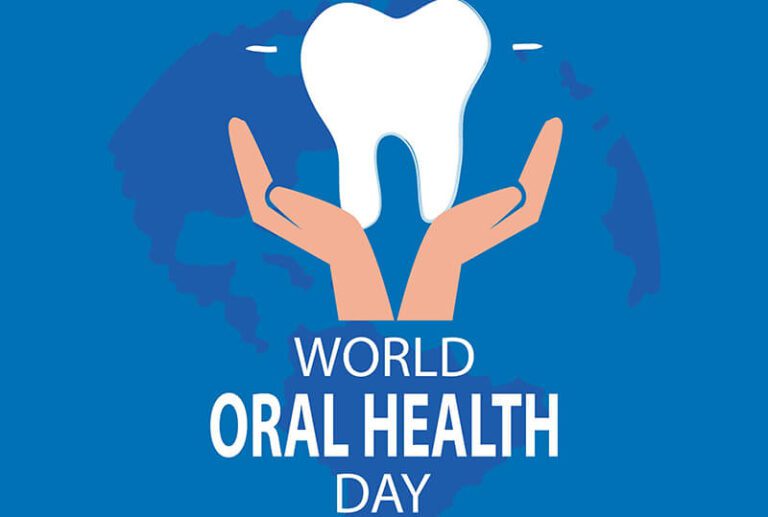Every year on March 20, we celebrate World Oral Health Day, a global campaign that promotes the importance of oral hygiene for overall well-being. This year’s theme, “A Happy Mouth is a Happy Body,” highlights the connection between a healthy smile and a healthy you. But oral health needs change throughout life.
According to expert, Dr Sheetal Kochhar, (Conservative Dentistry and Endodontics), Max Multi Specialty Centre, Panchsheel Park, as we age our teeth and gums undergo changes. Maintaining good oral health like physical activity is a lifelong commitment. From the first day the tooth erupts in the oral cavity to our old age, our oral health plays a crucial role in maintaining our well-being. The various indicators that can help us maintain a healthy and bright smile.
Early Ages (0-12):
. Start early: Oral hygiene care should begin with the eruption of the first tooth. Soft baby brushes and fluoride toothpaste (pea size) should be used for ages 3 years and older and rice-sized toothpaste for younger than 3 years. Young children cannot brush their teeth well enough, so they need an adult to do it for them. Parents should supervise their children’s tooth brushing once they develop fine motor skills (around age 8) to ensure that all tooth surfaces are thoroughly cleaned. Regular dental checkups will help parents identify potential problems that may arise and resolve them as soon as possible.
. Diet: Encourage a diet rich in fruits, vegetables and dairy. Limit sugary snacks and drinks to prevent tooth decay.
Teens (Ages 13-19):
. Orthodontic care: It is very important to get recommendations from an Orthodontist for braces/clear aligners to ensure proper alignment.
. Oral hygiene routine: Reinforce the importance of brushing and flossing. Teens should brush twice a day with fluoride toothpaste and floss daily.
Children become more independent, they have their own choices for food. Parents should encourage and educate them to eat the right kind of food and avoid sugary and sticky foods.
Adulthood (Ages 20-50):
. Regular dental check-ups: Regular dental check-ups, teeth cleaning and cavity restoration should be done at the earliest.
. Managing stress: High levels of stress can contribute to teeth grinding and clenching, especially during sleep and other oral health problems. Wearing a night guard can help a lot.
. Avoid tobacco and limit alcohol: Smoking and excessive alcohol consumption can affect oral health. Quit smoking and drink alcohol in moderation.
Middle Age (Ages 51-65):
. Gum health: Pay attention to gum health. Gingivitis becomes more prevalent with age. Brush gently and floss regularly.
. Screening for oral cancer: Attend regular dental exams and be aware of any changes in your mouth. The risk of oral cancer increases with age and also with habits such as smoking and chewing tobacco.
Seniors (65 and over):
. Regular visits to the dentist: Continue regular visits to the dentist for cleanings and checkups. Address any issues immediately.
. Proper denture care: If you wear dentures, clean them daily and visit the dentist regularly for adjustments.
. Stay hydrated: Dry mouth is common in the elderly. Stay hydrated and use oral substitutes such as artificial saliva if necessary. Your dentist is the best person to advise you about the same.
Regardless of your age, maintaining good oral health is a lifelong journey. By following these age-specific oral health tips, you can enjoy a healthy, beautiful smile at any stage of your life. Remember that a healthy smile contributes not only to your physical well-being but also to your confidence and overall quality of life.


